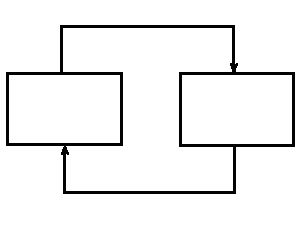Signal:Noise Parts I and II
–
2011–2012
Signal:Noise is an experimental cross-disciplinary research project that aims to explore the influence of cybernetics and information theory on contemporary cultural life by testing out its central idiom, ‘feedback’, through debates, performances, and events.
Through the application of mechanical and scientific models for the understanding of social and political life, cybernetic theory – in particular notions of feedback – informed the development of many early conceptual and participatory artistic practices in the 1960s/70s, yet its influence is still under-recognized. Signal:Noise aims to bring together people who are working with these ideas in the fields of art, design, architecture and theory in order to re-open discussion around this discourse, looking at how it has informed cultural, social and political life, in the past and present.
The UK edition of Signal:Noise began with a four day event from 13 – 16 January 2011. It continued with a two day event from 20 – 21 January 2012.
Signal:Noise is led by Steve Rushton, Dexter Sinister (David Reinfurt and Stuart Bailey), Marina Vishmidt, Rod Dickinson and Emily Pethick.
Signal:Noise Part I is supported by Arts Council England, and The Henry Moore Foundation.
Signal:Noise Part II is supported by LCACE, Queen Mary School of Business and Management, Arts Council England, members of The Showroom’s Supporters Scheme and Outset as The Showroom’s 2012 Production Partner. Special thanks to Lisson Gallery for support in kind for the event.
Signal:Noise is part of Circular Facts – a collaborative endeavor between three European contemporary art organizations: Casco – Office for Art, Design and Theory, Utrecht, Objectif Exhibitions, Antwerp, The Showroom, London in partnership with Kunst Halle Sankt Gallen and Electric Palm Tree, financially supported by the Cooperation Measures Grant as part of the European Unions Culture 2007 programme.

